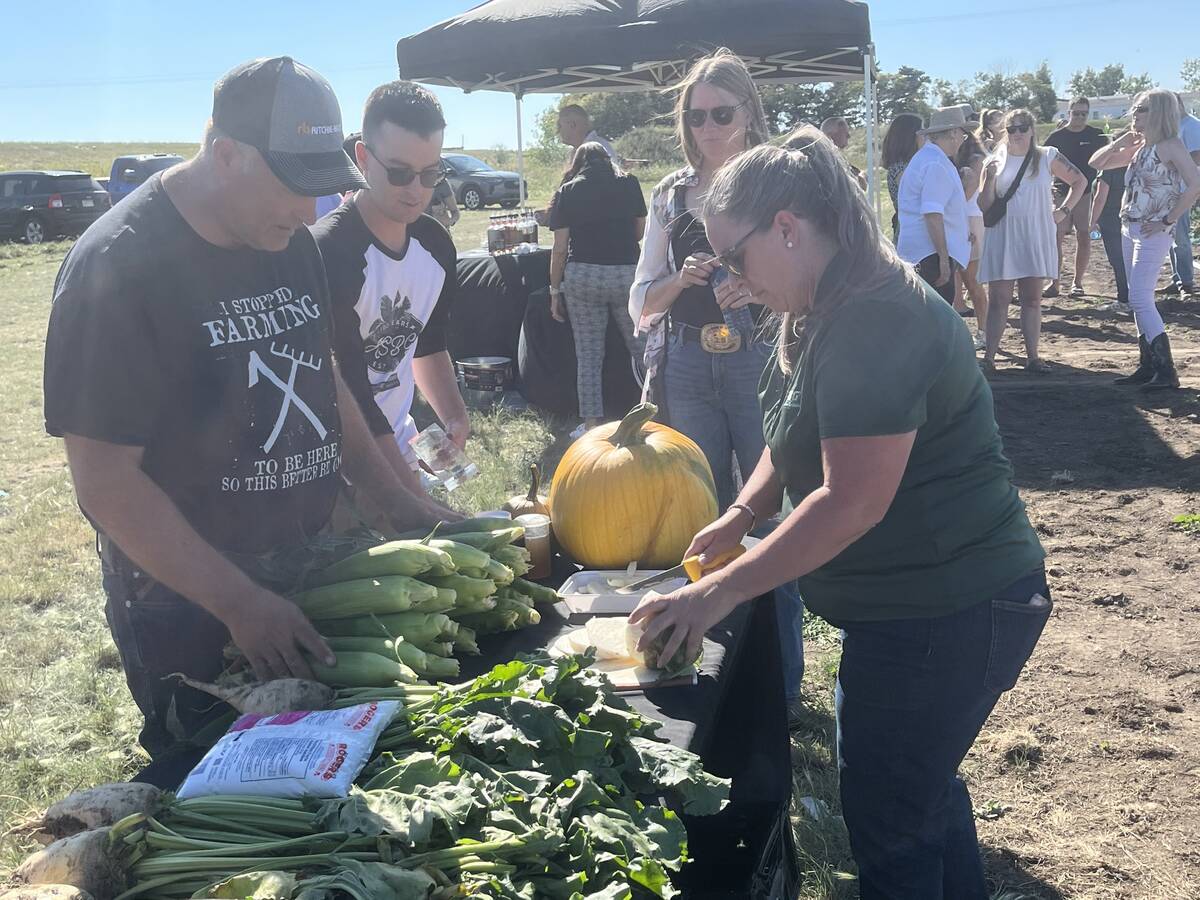More farmers are showing interest in establishing formal advisory boards.
It’s common and, depending on organizational circumstances, sometimes mandatory to appoint a board of directors for medium to large scale businesses. However, it is uncommon in farming.
The board’s function is well understood, although there can be variability in roles and responsibilities.
A fundamental objective of business ownership is to preserve and build owner or shareholder value. Perhaps simplistically stated:
- The owners define the business’s investment strategy, with board guidance.
- The board makes sure that the capital structure is appropriate, given the investment strategy, and ensures assets are managed and protected.
- The board ensures the investment strategy is translated into operating plans and budgets.
- The management team puts the plan into action.
- The owners, board and management team measure and monitor results. The board pays specific attention to monitoring risk.
- The board ensures that management is appropriately organized, evaluated and compensated.
Read Also

Alberta farm lives up to corn capital reputation
Farm to Table Tour highlighting to consumers where their food comes from features Molnar Farms which grows a large variety of market fruits and vegetables including corn, with Taber being known as the Corn Capital of Canada.
It is a continuous process, which closely matches the operational cycle of the business.
Smaller businesses find it challenging to structure and use a formal board of directors. Yet as small businesses grow, there is an increasing need for external advice that is provided in a true board of directors format. Similarly, as farm businesses grow, the need for formalizing external input also increases.
Farm businesses face many issues as they grow:
- Increasing size and diversity of on-farm businesses.
- Understanding and adopting strategic business direction, which could include off-farm investment.
- Increasing complexity in ownership and related governance issues.
- Intergenerational planning.
Advisory boards are one way to meet these challenges.
However, farmers often turn to other external management resources. For example, a group of farmers might get together regularly to talk about management. The group is not an advisory board, but rather a peer-to-peer network.
There are pros and cons to any advisory structure. Peer-to-peer networks can be helpful, but there is potential for bias with this type of structure. It may also be difficult to determine whether a farmer in the group would qualify as a peer.
Farmers may also say they already have an advisory team, comprising their accountant, lawyer, lender, crop consultant and/or marketing consultant. Any of these individuals could act as a director on an advisory board, but collectively they are not organized as a formal advisory board. They function as the farmer’s advisory team, which isn’t the same as an advisory board.
Advisory boards differ from true boards only in that they have no fiduciary responsibility and no legal accountability. The structure and function are flexible and can be designed to meet the needs of the business.
Generally, an advisory board structure is not supposed to be a “feel good” environment. That’s not to say an advisory board is supposed to bash management and ownership, but the structure is supposed to provide unbiased and constructive input on management issues and decisions.
Terry Betker is a partner with Meyers Norris Penny LLP in Winnipeg. Contact: 204-782-8200.














